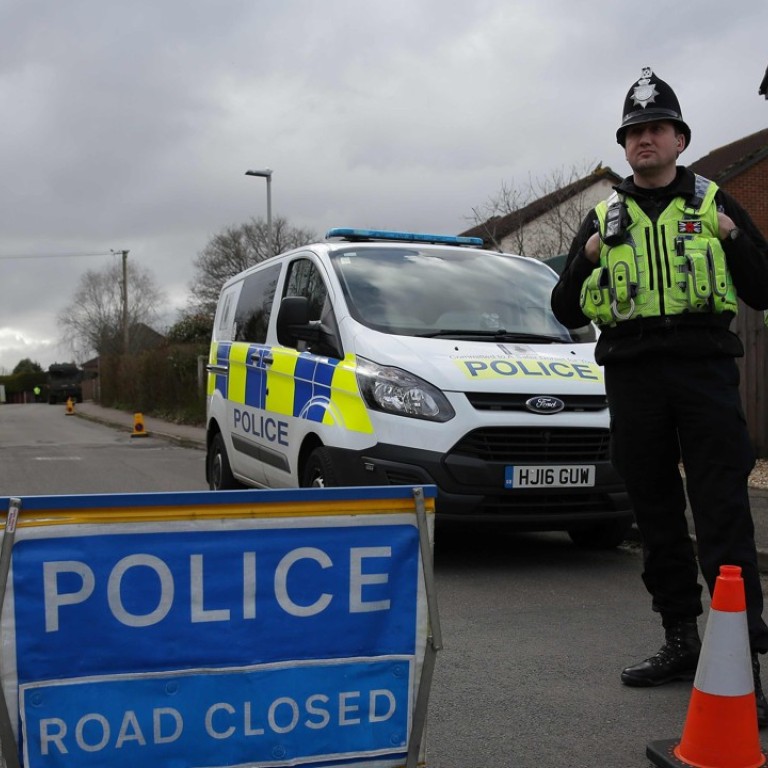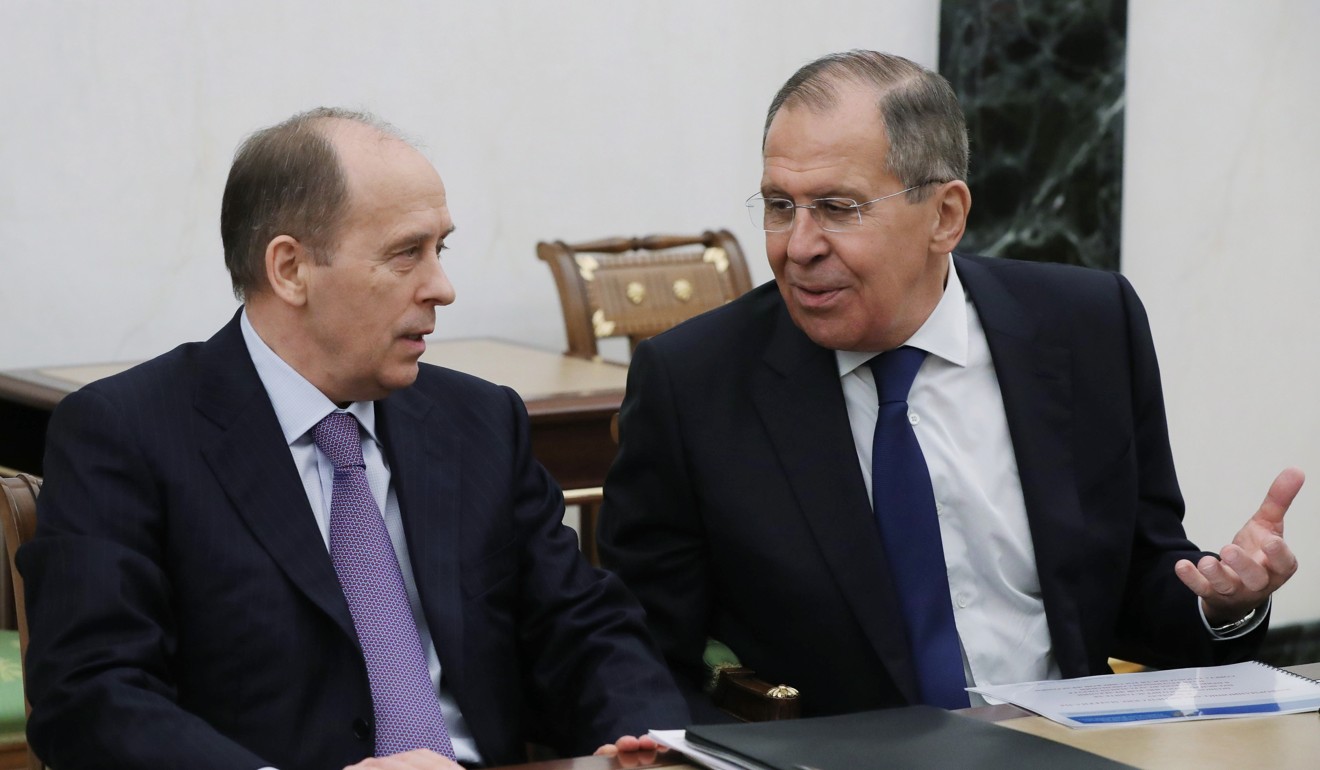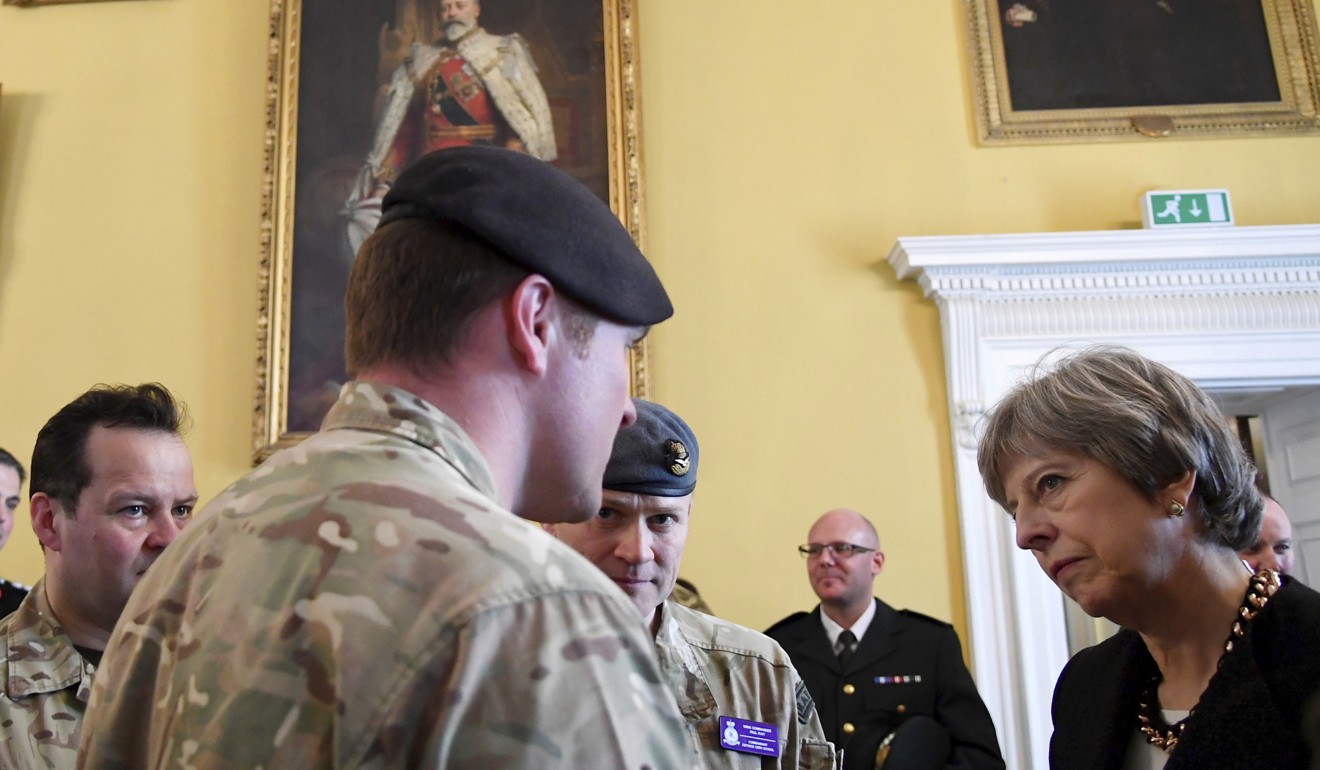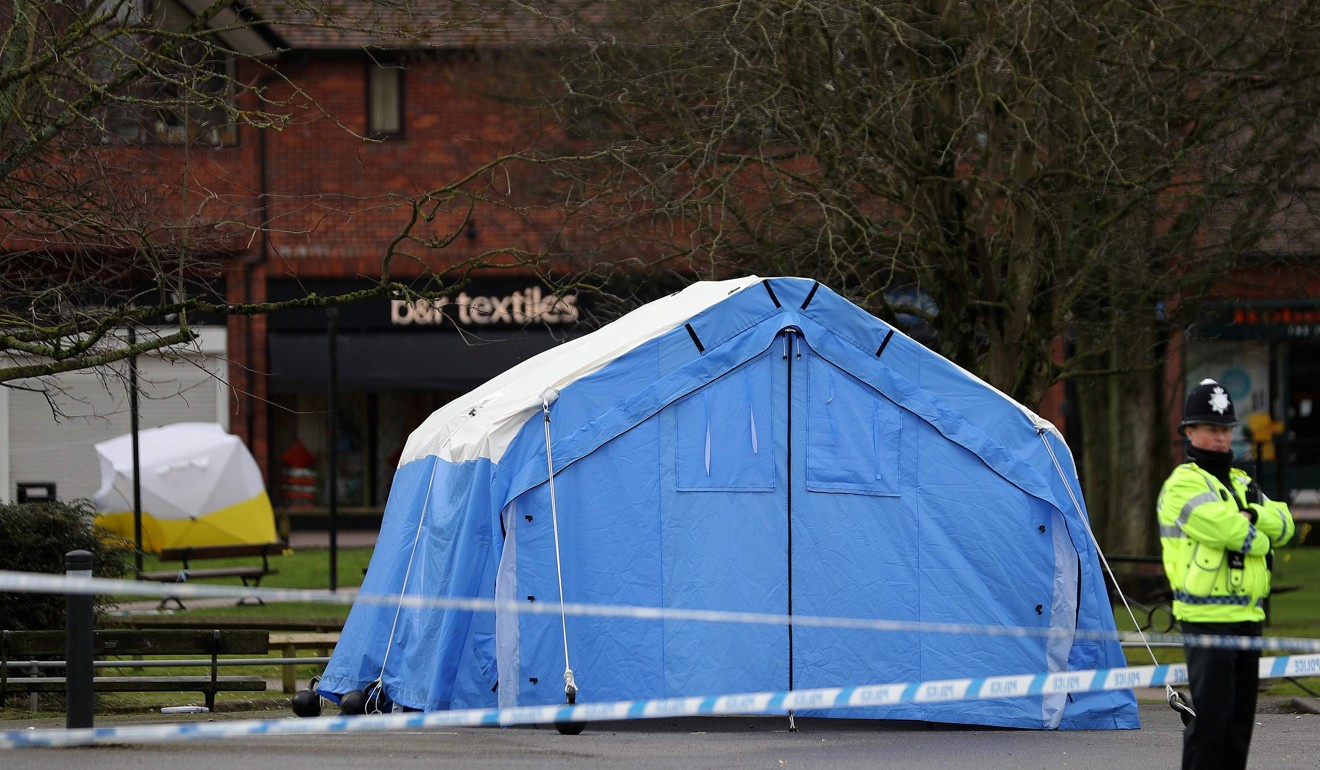
’Maybe nothing happened at all’: Russian ambassador fumes that UK is ‘hiding’ information on poisoned ex-spy
Russia’s ambassador to London said he had received a diplomatic note telling him that Sergei Skripal and his daughter Yulia are in a critical condition, but that Britain was “hiding” further details, RIA news agency reported on Friday.
Alexander Yakovenko told the Russian agency the information was “not enough” for Russia.
“The British keep hiding the medical assessment from us, we do not have access to the patients, we do not have a chance to talk to the doctors,” he said.
“No one has even published the photo [of the Skripals]. They may be alive, maybe not, maybe nothing happened at all.
“We are expected to take everything on trust, and that is inadmissible.”

At the same time, the Kremlin said UK Prime Minister Theresa May had no proof that it was behind the poisoning of Sergei Skripal, the former double-agent who was poisoned, along with his daughter, in the English city of Salisbury on March 4.
“It’s obvious that there is a lack of any clear proof [of Russian involvement] … The whole wave (of such statements) originated from Britain,” spokesman Dmitry Peskov told RIA.
Russia has repeatedly denied any involvement in the attack, despite accusations and condemnation from Britain, France, Germany, the US and Nato.
And it has said that it could respond to the UK’s decision to dismiss 23 diplomats – secret agents, according to May – at “any minute” with its own retaliatory measures.
However, those measures have not been confirmed, nor is it known whether that will come before Sunday’s presidential election, which Vladimir Putin is expected to retain his seat.
The ongoing international crisis will continue next week, as EU leaders have scheduled a meeting in Brussels for Thursday March 22 to discuss the poisoning.
Tusk, who will host the summit as head of the European Council, said on Twitter he had phoned May on Friday “to prepare (a) clear message of the EU on #SalisburyAttack”.
“Skripal will be discussed Thursday evening next week. At this stage, I expect summit conclusions on it,” a European source said on condition of anonymity.

The decision to add the Skripal case to the agenda is another display of solidarity with the British government despite divisions over Britain’s departure from the bloc when Brexit occurs in March 2019.
Western leaders have strongly backed Britain in the wake of the attack and supported its claim that Russia is “culpable”.
Polish Foreign Minister Jacek Czaputowicz on Monday said Warsaw was “in favour of taking action, including sanctions.”
“But that needs to be agreed with a larger circle of EU or Nato allies,” he added alongside his German counterpart Heiko Maas in Warsaw.
The attack has already been raised in recent days at the UN Security Council and in the Nato military alliance, which described it as the “first offensive use of a nerve agent on Alliance territory since Nato’s foundation.”
British Foreign Secretary Boris Johnson is also set to discuss the attack with his EU counterparts and with Nato Secretary General Jens Stoltenberg on Monday.

But while Western rhetoric has been strong, it is not yet clear how far Britain’s allies will go in terms of concrete steps to support London.
One European diplomatic source expected the EU to adopt “similar measures” to London’s expulsion of 23 diplomats, but the source warned that imposing fresh sanctions against Russia would be more difficult.
The European Union already has sweeping economic sanctions in place against Russia over the conflict in Ukraine and has imposed travel bans and asset freezes on dozens of people.
“More vigorous action would require proof of Russian responsibility,” the source said, adding that it was “more difficult” to attribute blame for a murder to the standard or proof necessary if sanctions were involved.
The question of proof has been raised by UK opposition Labour Party leader Jeremy Corbyn, who called for “calm heads” and warned against rushing into a “new cold war” in an op-ed piece for The Guardian on Friday.
He suggested that the possibility that the Russians had lost control of the dangerous nerve agent – which May floated Monday but has since discounted – could not be excluded.
He referenced the “flawed intelligence and dodgy dossiers” ahead of the 2003 invasion of Iraq. “In my years in parliament I have seen clear thinking in an international crisis overwhelmed by emotion and hasty judgments too many times,” he wrote.
Corbyn also argued that targeting Russian “oligarchs and their loot [in the UK] would have a far greater impact on Russia’s elite than limited tit-for-tat expulsions.”
